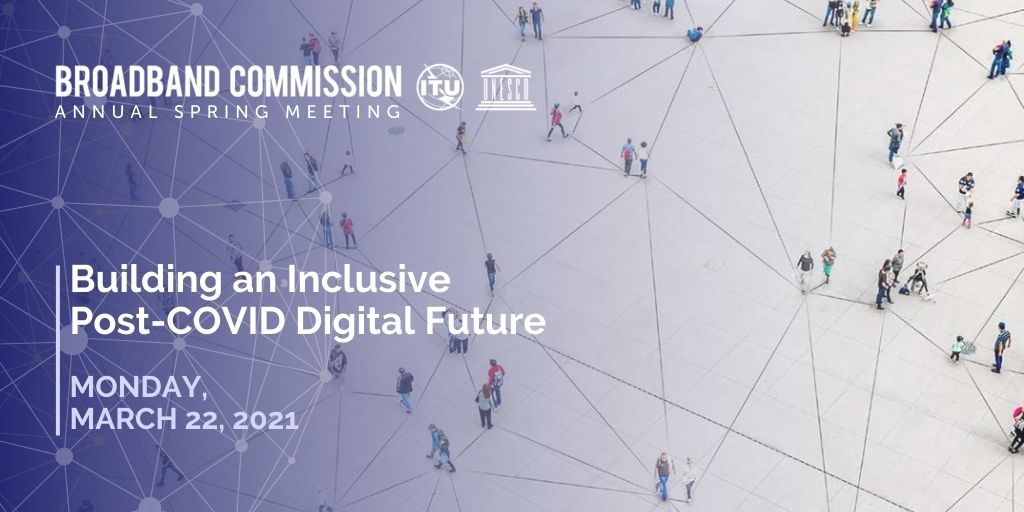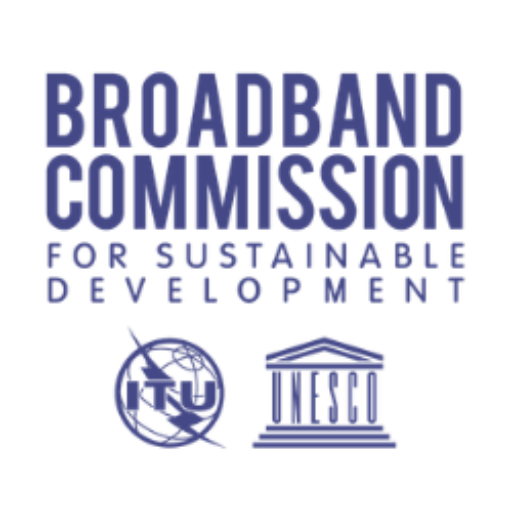Calls for innovative mechanisms and impactful partnerships to make the best use of broadband Internet
This press release was originally published on the ITU website.


About the International Telecommunications Union
The International Telecommunication Union (ITU) is the United Nations specialized agency for information and communication technologies (ICTs), driving innovation in ICTs together with 193 Member States and a membership of over 900 companies, universities, and international and regional organizations. Established over 150 years ago in 1865, ITU is the intergovernmental body responsible for coordinating the shared global use of the radio spectrum, promoting international cooperation in assigning satellite orbits, improving communication infrastructure in the developing world, and establishing the worldwide standards that foster seamless interconnection of a vast range of communications systems. From broadband networks to cutting-edge wireless technologies, aeronautical and maritime navigation, radio astronomy, oceanographic and satellite-based earth monitoring as well as converging fixed-mobile phone, Internet and broadcasting technologies, ITU is committed to connecting the world. For more information, visit www.itu.int.

About the Broadband Commission
The Broadband Commission for Sustainable Development was established in 2010 by ITU and UNESCO with the aim of boosting the importance of broadband on the international policy agenda and expanding broadband access in every country as key to accelerating progress towards national and international development targets. Led by President Paul Kagame of Rwanda and Carlos Slim Helù of Mexico, it is co-chaired by ITU’s Secretary-General Houlin Zhao and UNESCO Director-General Audrey Azoulay. It comprises over 50 Commissioners who represent a cross-cutting group of top CEO and industry leaders, senior policymakers and government representatives, and experts from international agencies, academia and organizations concerned with development. Learn more at: www.broadbandcommission.org.
Media Contacts
Monica Albertini
Head, Communication & Promotion Service, ITU Telecommunication Development Bureau (BDT)
Tel.: +41 22 730 5317
Mobile: +41 79 808 6065
E-mail: monica.albertini@itu.int
Monika Gehner
Head, Strategic Communication Division
International Telecommunication Union
Tel.: +41 22 730 5459
Press lines: +41 22 730 6039 &
+41 79 337 4615
E-mail: pressinfo@itu.int

